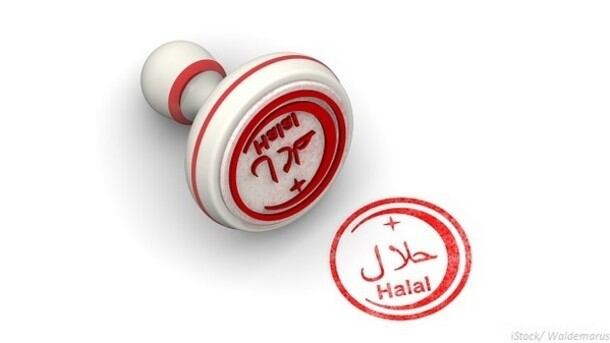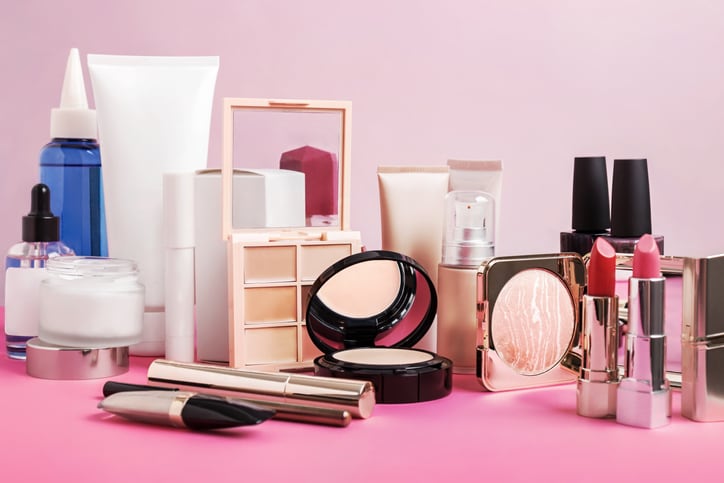The country is a substantial importer of ingredients other than the commodity compounds it produces for the most part. Beyond locally manufactured glycerine, fatty acids, pectins and SLES, as well as the abundant coconut oil, more complex ingredients come in from overseas.
Because of Malaysia’s reliance on imports, companies like Dermascience, an OEM and private label facial and body care manufacturer from Kajang, in the suburbs of Kuala Lumpur, find raw materials are more expensive and. They are also often dependent on price fluctuations in overseas markets.
“Malaysia is not as advanced as countries in Europe and Korea,” said Chris Chuah, Dermascience’s general manager, adding that its role in the skin care supply chain has been growing, but from a very low base.
“We see one or two big supplier players that now have their own plants producing ingredients for cosmetic products, for example IOI Oleochemical have their production lines and are coming out with more products.
“But when you’re talking about advanced ingredients in Malaysia, it’s very basic. Maybe 90% of ingredients come from overseas,” Chua added.
Her company aims this year is to send more of those foreign ingredients back home in the form of finished products by opening up new markets and emphasising the company’s halal status.
Malaysia’s halal certification should by rights have encouraged more ingredients manufacturers to set up there and take advantage of the JAKIM logo, which is globally recognised far beyond any other halal authority.
The country has been getting stronger in Muslim friendly cosmetics and skin care manufacturing, with a number of halal-focused brands entering the market. But these still have to look overseas for their supplies.
“Almost all our ingredients come from overseas, which means you know what you’re getting. But they are more expensive,” said Zaza Zainal, founder of Orgga Malaysia, an organic halal skin care manufacturer in Negeri Sembilan.
Malaysia still has a long way to go before it can compete with its neighbours, regardless of the international demand for products that carry its halal certification.
“Indonesia will have a better chance than Malaysia to be a serious player. Also, Thailand, I think they are getting stronger,” said Chua.
“We are playing our part by using our halal certification to have an advantage in Muslim markets. We are exploring Indonesia and the Middle East this year,” said Chua.




